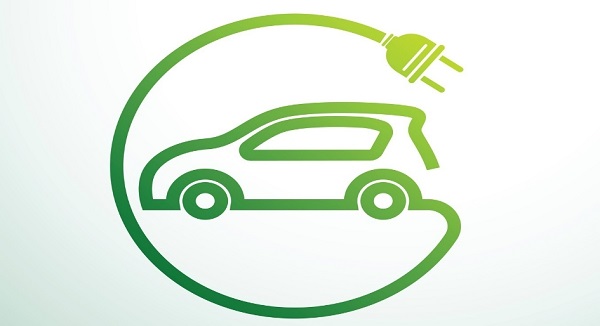New Delhi, (Asian independent) As India begins the journey to popularise the adoption of electric vehicles, leading EV startups said on Thursday that the government should not only introduce standardised EV charging infrastructure across the country but also ease norms for EV manufacturing under the production-linked incentive (PLI) scheme so that startups can meet the criteria with ease.
Currently, most of the EV makers in the country are startups like Ather Energy, Bounce, Hero Electric, Okinawa Autotech and others.
To be eligible for the Rs 26,058 crore incentives under the PLI scheme for the EV industry, an automaker must have a global revenue of at least Rs 10,000 crore and have a minimum investment of Rs 3,000 crore in fixed assets.
According to Tarun Mehta, Co-founder and CEO, Ather Energy, while the startups form the majority of the EV ecosystem in India and have led the EV revolution from the front, a majority of them are ineligible for the PLI scheme.
“There is a need to be inclusive in this approach as startups would help open up more opportunities for the industry to help drive growth and innovation in the sector. Similarly, EV manufacturers have highlighted concerns around GST inverted structure and have requested reducing taxes on input costs,” Mehta told IANS.
The PLI scheme will be effective from FY2023 for five years and the base year for eligibility criteria would be FY2020. A total of 10 OEMs, 50 auto component makers and five new non-automotive investors will benefit from the scheme.
According to Vivekanada Hallekere, CEO and Co-founder, Bounce, they have high expectations from the Union Budget.
“In order to facilitate faster adoption of EVs, the government had introduced section 80EEB, granting an exemption of Rs 150,000 towards interest on EV loans. However we urge the government to extend the benefit to retrofit bikes (Internal Combustion engine- ICE bikes converted to EV),” Hallekere told IANS.
“The capital outlay under this option is modest comparatively and a complete exemption on the conversion cost will provide the much-needed impetus to EV adaption. Additionally, if mass transition to EV is to become a reality, then subsidy benefits under FAME should be extended to retrofit bikes as well,” he elaborated.
The government this week announced the extension of the second phase of the Faster Adoption and Manufacturing of Hybrid and Electric vehicle (FAME) scheme by two years to March 31, 2024.
Started in 2019, the scheme was supposed to end this year.
Jeetender Sharma, Managing Director and Founder of Okinawa Autotech, said that the government should introduce standardised EV charging infrastructure across the country to ensure far better availability and wider acceptance, hence mass penetration of EVs.
“The nationwide use of EVs, especially for last-mile deliveries, should be made mandatory. It will help businesses save costs and at the same time, contribute to the environment. While the Delhi government has placed the stepping stone for this, other state governments should also be encouraged to take similar initiatives,” Sharma said.
In order to increase the share of EVs in the overall vehicle market, an improved duty structure would certainly help, said the EV players.
“The current setup of GST on EVs (5 per cent vs 28 per cent on ICE vehicles) is a welcome move, however the GST rates on charging infrastructure services, batteries and all related inputs needs to be aligned, as it currently stands at 18 per cent,” said Hallekere.
Another key aspect to drive faster EV adoption is the charging infrastructure development to boost consumer confidence.
“Incentivising setting up EV charging stations in existing residential areas, housing complexes and commercial establishments will go a long way in setting up the infrastructure,” Mehta added.
Another biggest roadblock to the adoption of EVs is the lack of consumer awareness and trust.
The government must introduce and invest in awareness programmes through a variety of channels, the EV players said.
Yogesh Bhatia, Managing Director and CEO of LML Electric said that they foresee the government to support battery cell manufacturing which can further reduce the import dependency.
“Moreover, due to the pandemic and other geopolitical conflicts, the world is already going through turbulent times especially when it comes to global manufacturing of components such as the shortage of semiconductor chips and other related parts,” he stressed.








